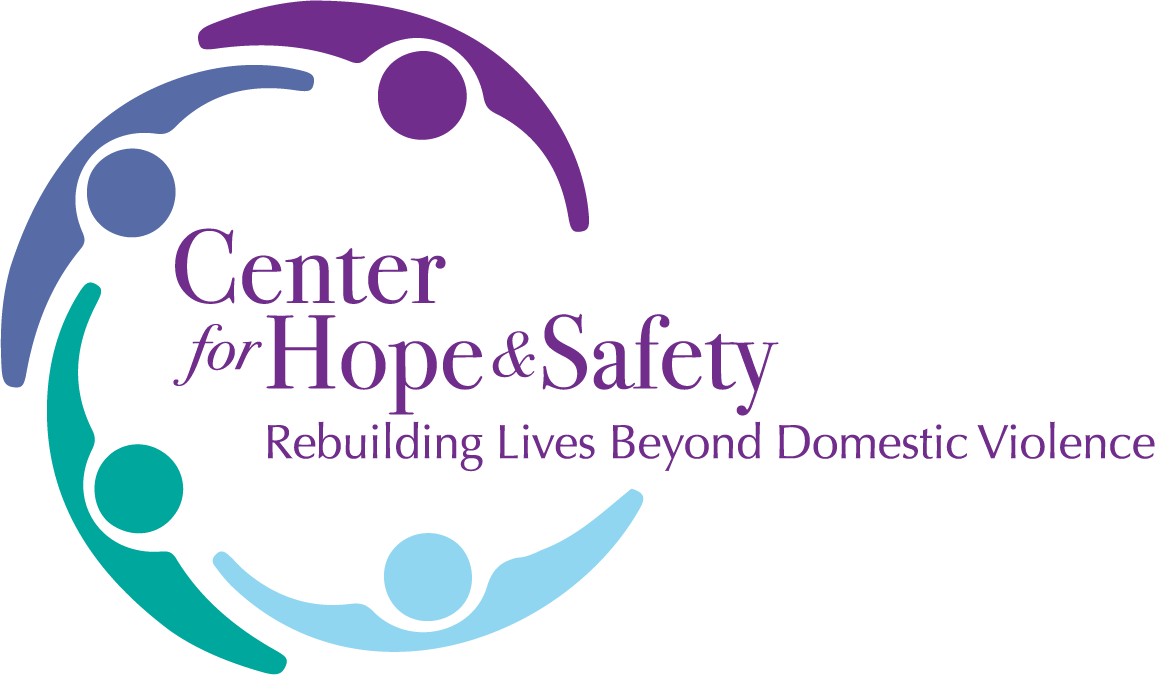Why doesn’t Center for Hope & Safety utilize pro bono attorneys?
Center for Hope & Safety launched its Legal Services Program in 2016 to better support Bergen County victims of domestic violence who are navigating the legal system. Pro bono attorneys do not typically have the time or expertise to work with those who have experienced abuse. All our team members are trauma-informed, which means they understand the stressors our clients experience. They take the time to understand their situation, as well as to extensively prepare them for court cases. Our attorneys will spend up to five hours preparing a client for court; pro bono attorneys usually cannot allocate that time to prep. Additionally, because our attorneys only handle casework related to domestic violence-related matters, they are very skilled in applicable laws and regulations that are available to protect those impacted by domestic violence. Because of this specialization, our attorneys have positive results in 98 percent of cases represented.
What do you charge for your services?
Center for Hope & Safety provides legal representation as well as advice and counsel to clients at no cost. Clients with higher incomes may receive counsel only at no cost as they could pay for an attorney to represent them in court. We represent all clients, regardless of income, in cases involving restraining orders, as it is such a critical piece to a victim’s safety. Access to an attorney is particularly important in Bergen County, where abusers tend to be sophisticated and use the legal system to continue a pattern of abuse by filing frivolous motions and lawsuits. It is also essential for a victim to have representation for a custody matter, as a judge will often side with the parent who has legal representation.
What are other benefits to an in-house Legal Services Program?
The legal team refers to other Center for Hope & Safety programs for additional support, such as to Project CHILD for arts-based therapy for those ages 4 to 12 and our Community Services Department for job-search support. The team also works with case managers to ensure that a client’s full needs are being met, including the fine-tuning of a safety plan, as this needs to evolve during a victim’s journey to self-sufficiency.
The attorneys can also meet with clients in Center for Hope & Safety’s residential settings, including our Safe House and transitional homes. However, enrollment in one of Center for Hope & Safety’s other programs is not a prerequisite to receiving service.
How will you sustain the Legal Services Program long-term without government funding?
In the short-term, Center for Hope & Safety has reserve funding it can utilize to fund the Legal Services Program. In the long term, we are exploring additional sources of revenue, including major gifts from donors and other government and private grant funding opportunities. We are confident that, with help from the community, we can continue this program.
If Center for Hope & Safety is unable to sustain its Legal Services Program, where can survivors of domestic violence find legal assistance?
Free/affordable, skilled legal support for domestic violence victims in Bergen County is extremely limited. Few programs in Bergen County provide free legal representation for victims of domestic violence, and those attorneys typically only represent clients for final restraining orders. No other program in our county allows a survivor to receive the full, comprehensive suite of services in one place.
We know that legal interventions can often save the life of someone who is experiencing domestic violence. Without Center for Hope & Safety’s Legal Services Program, too many people impacted by domestic violence would be left without the vital legal support they need.
If you would like more information about our Legal Services Program, please contact our Director of Development, Liz Campbell.
